Panelists
WELCOME REMARKS
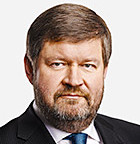
Main organiser of the annual conference
Mart Nutt has been a member of six successive Parliaments since 1992. Nutt is a member of the Constitutional Committee and European Union Affairs Committee. Mart Nutt is a 1985 graduate of the University of Tartu with a degree in history and ethnography and entered a graduate degree programme at the same institution in 1988. In 2011, Nutt defended his Ph.D. dissertation at Tallinn University of Technology on the topic “Development and application in foreign relations of the competence of Estonian Parliament”. He has been a member of the supervisory board of the Estonian Institute of Human Rights since 2011. Mart Nutt was a member of United Nations Human Rights Council’s Darfur mission in 2007-2008 and member of European Commission against Racism and Intolerance in 1998-2013. Main organizer of the Annual Conference on Human Rights.
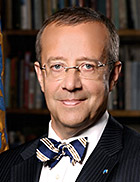
President of the Republic of Estonia
Born on the 26th of December, 1953, in the Swedish capital Stockholm, and has spent much of his life living and working in a total of five different countries. The Estonian values prevalent in his childhood home, the education gained at one of the US’s best universities, the jobs connected with Estonia’s present and future over the last quarter of the century – this is what has shaped Toomas Hendrik Ilves as a person and as president of a small European country in the 21st century.
ESTONIA’S MEMBERSHIP IN THE UN HUMAN RIGHTS COUNCIL
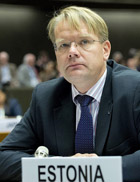
Director of External Economic and Development Cooperation Department in the Estonian Foreign Ministry
From 2009 to 2015, he was Ambassador and Permanent Representative of the Republic of Estonia to the UN and other international organizations in Geneva. As ambassador, he also took part in the proceedings of the United Nation Human Rights Council.
Panel I: RUSSIAN MINORITIES IN THE BALTICS – OPPORTUNITIES, CHALLENGES AND THREATS
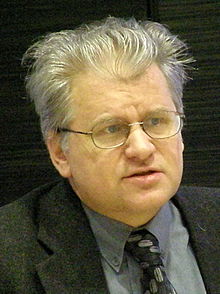
Estonian linguist and Chairman of the Council of the Institute of Human Rights
Estonian linguist and Chairman of the Council of the Institute of Human Rights. He is a founding member of the Estonian Association for Applied Linguistics and board member of the Integration Research Institute. He has represented the Estonian government at several international linguistic forums at the United Nations, European Council and Council of the Baltic States. He is an associate professor of Estonian at the Narva College of the University of Tartu and head of the Division of Estonian Language and Literature. He has been a professor of linguistic policy at Tallinn University, the director of the Estonian Language Inspectorate and advisor on human rights issues to the President of Estonia. Mart Rannut has been the editor of several national and international professional journals and published dozens of scientific articles.
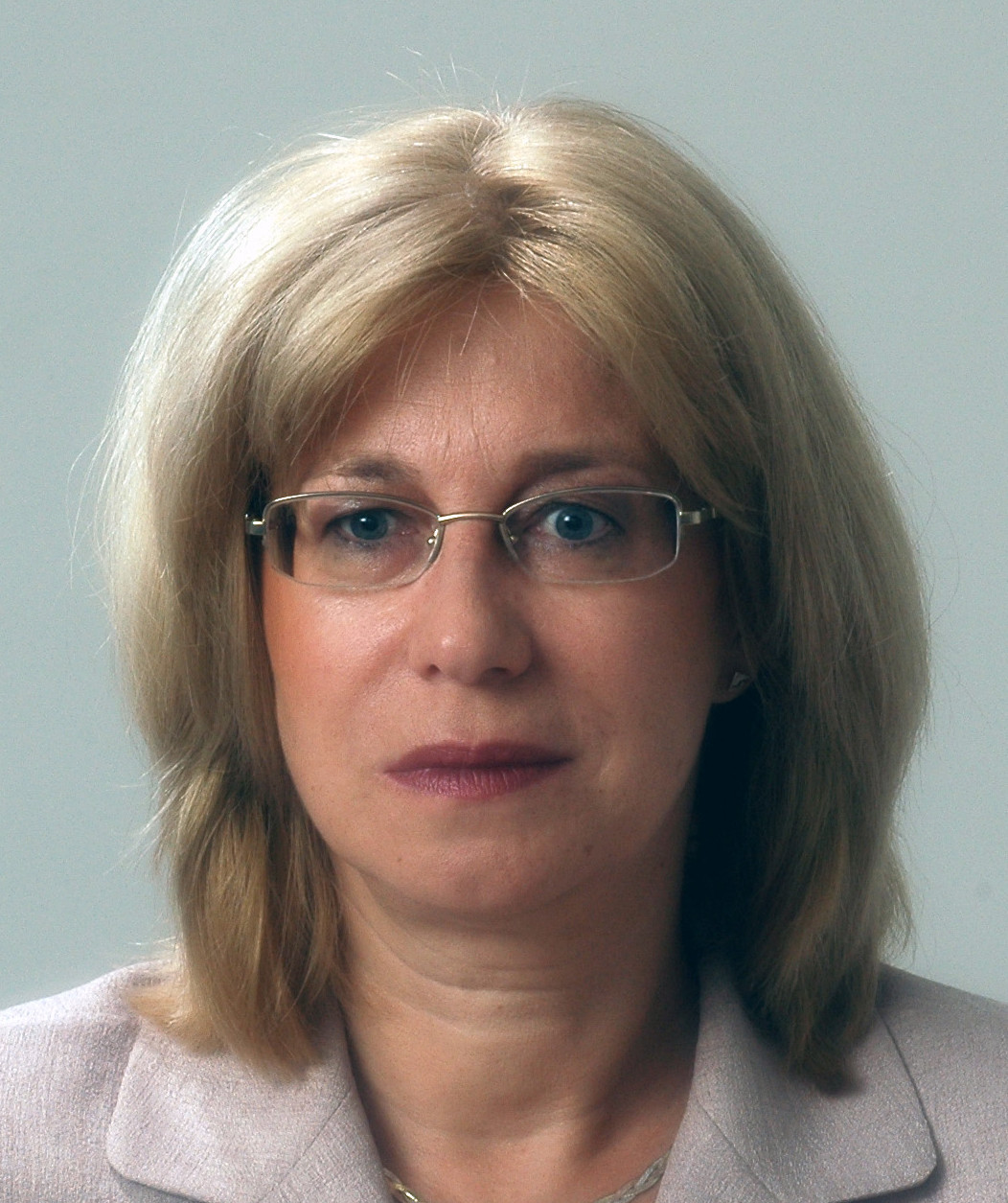
Professor and Vice-Rector at the University of Latvia
She has been a member of the Latvian Parliament (2002-2014) during which time she was also the Chairperson of the Human Rights Commission and Education, Culture and Research Commission. She was the Minister of Education and Science in 2004-2006 and 2014. From 2006 to 2009 Druviete was the Vice-President of the European Federation of National Institutions for Language.
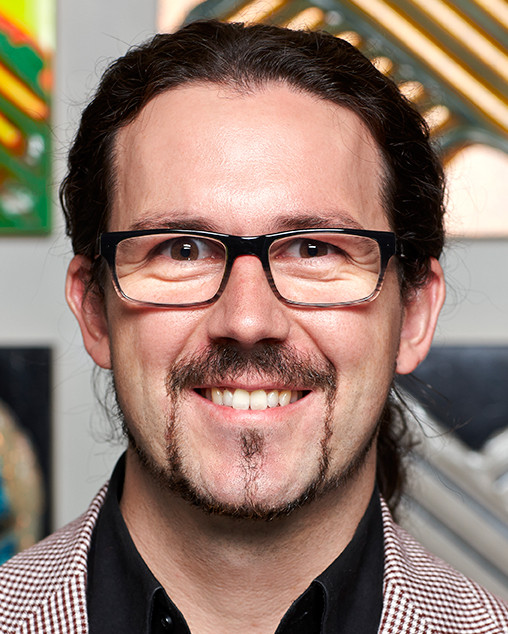
Assistant Professor, Stockholm University
Linguist and cultural researcher studying the socio-linguistic and political as well as ideological role of languages in inter-cultural communication. He received his PhD from the University of Barcelona and during his PhD studies examined the ideology of languages and their socio-linguist environment in Tallinn and Barcelona. He has researched the role of English as a global language in the higher education system, and its influence on language policies. He is also currently participating in a pan-European project that is examining the opportunities and challenges of multilingualism in Europe. He has given courses on language and cultural topics in Barcelona, Oxford, Tallinn and Tartu.
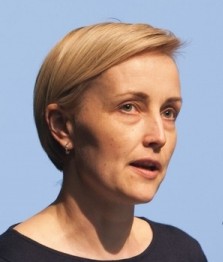
Director of the University of Tartu Narva College
She has worked as a policy analyst and head of the analysts’ team at the Institute of Baltic Studies in Tartu, Estonia. Her main areas of expertise are minority rights, fundamental rights, integration processes and integration policies, migration, asylum and refugees, citizenship and political and ethnic identities. She has worked as a consultant for the Estonian government developing national integration strategies since 2007. In 2014 Kallas served twice as an observer on the OSCE/ODIHR election observation mission in Ukraine. In 2014-2015, she managed the humanitarian intervention programme of the Estonian Ministry of Foreign Affairs for internally displaced people in Eastern Ukraine.
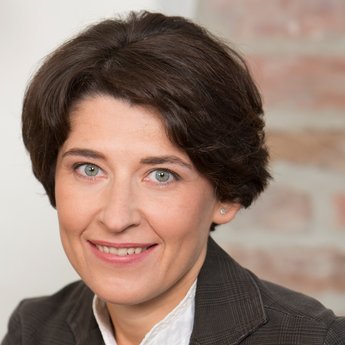
Research fellow at the International Centre for Defence and Security
Riina Kaljurand is the Research Fellow of the International Centre for Defence Studies and her main research areas comprise the security of the Baltic Sea region, the Nordic-Baltic Security and Defence cooperation and Russia’s soft power. She has been the Director of the Lennart Meri Conference since 2013. Riina worked at the Estonian Ministry of Foreign Affairs from 1993-1997, including tours in the Embassies in Oslo and Stockholm. In 2002, she was briefly employed as a research assistant by the University of Stockholm. From 2003-2004 she worked in Kyiv within the framework of the „Public Administration Reform” project run by SIDA (Swedish International Development Agency). From 2004-2007 she worked at the Estonian Ministry of Defence, including two and a half years as an Assistant to the Permanent Undersecretary. Riina holds an MA in Political Science from the University of Stockholm and has also studied social anthropology at Stockholm University and the Queen’s University of Belfast.
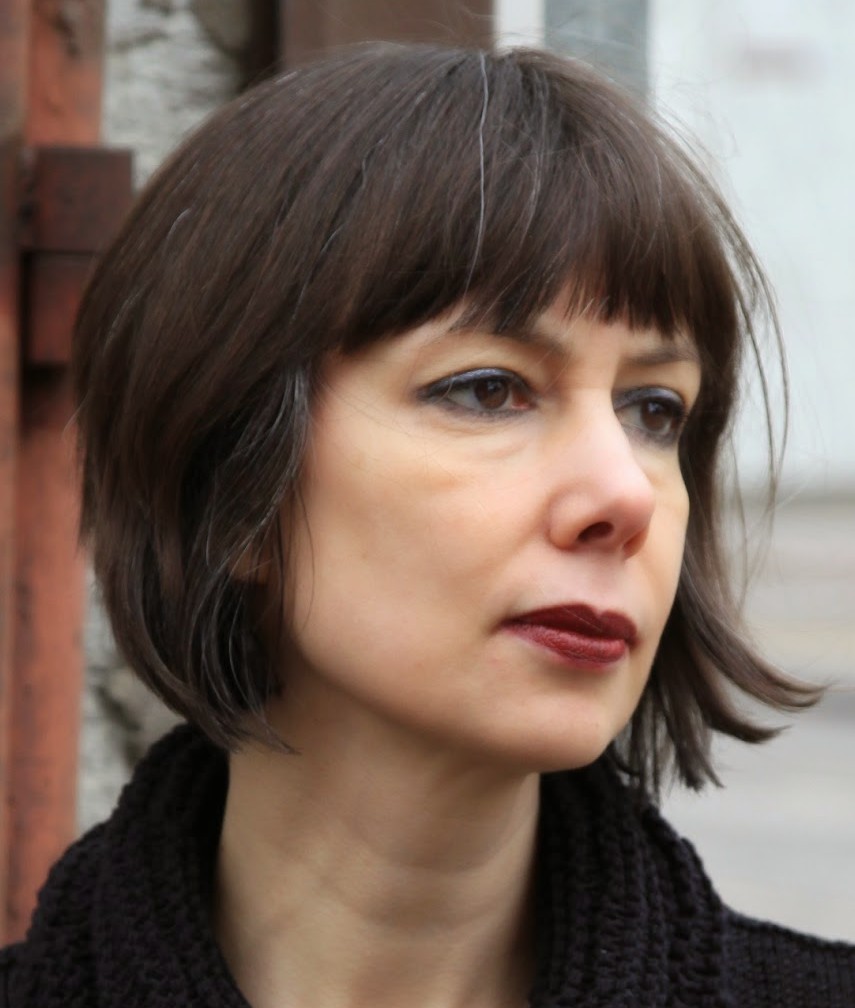
Professor at the University of Tallinn
She has been a professor at Tallinn University, Estonia and worked on many projects with the Estonian School of Humanities and the Estonian Institute of Language. She has a PhD from the University of Tartu. She has also studied at Oxford, at the Oxford Centre for Hebrew and Jewish Studies. Her main areas of research are Estonian socio-linguistics, Estonian and Russian language-contacts, Yiddish in the Baltic countries and ethnodialects.
Panel II: RUSSIA THROUGH THE DIFFERENT GENERATIONS OF THOUGHTS
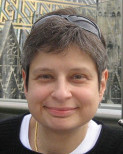
Professor of International Affairs at the Milano School of International Affairs, and The New School in New York
She is a senior fellow of the World Policy Institute and member of the Council on Foreign Relations. Her articles have appeared in Newsweek, The New York Times, The Wall Street Journal, Financial Times and other publications. She is the author of Imagining Nabokov: Russia Between Art and Politics (2008) and The Lost Khrushchev: A Journey Into the Gulag of the Russian Mind (2014).

Russian journalist and founder of the Boris Nemtsov Foundation for Freedom
She graduated from the Moscow State Institute of International Relations in 2005 and worked as an anchorperson for RBC Television, a privately owned channel based in Moscow focused on economic and financial issues. In May 2015, Nemtsova left Russia for Germany. In August 2015 she joined the Russian Department of Deutsche Welle.
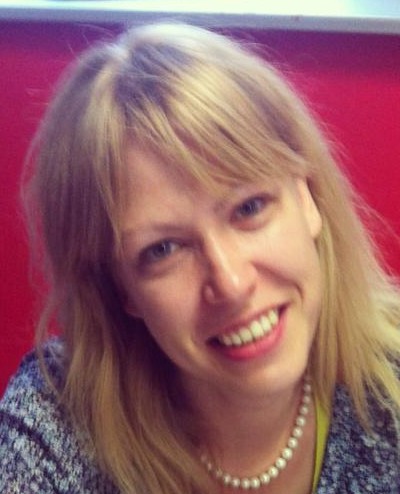
Human rights activist and former journalist
She worked as a journalist for independent media including TV Rain (Dozhd), Slon.ru, The New Times and Afisha. Currently she is the coordinator of the Human Rights project for the Open Russia movement established by Mikhail Khodorkovsky. This year her project successfully helped to free Svetlana Davydova, a mother of seven kids who was arrested on charges of high treason and faced up to 20 years in prison. The accusations were fully withdrawn and the case was closed two month later.
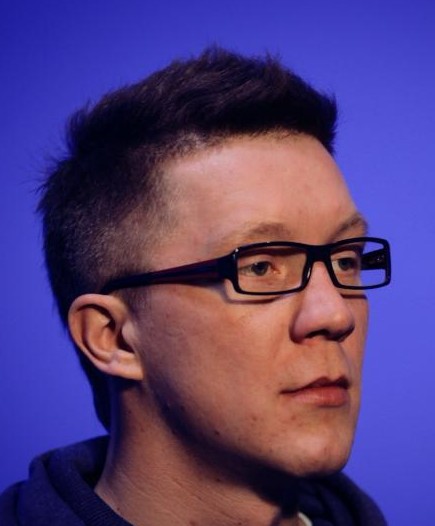
Russian journalist, reporter on the TV Rain (Dozhd), and documentary filmmaker
He started his career in 2009–2012 on the programme Reporter’s Profession on NTV, and continued in 2012-2014 on the programme The Week with Marianna Maksimovskaya, which for a long time was considered to be the only independent programme on Russia’s federal TV landscape.
After The Week was closed in September 2014, Jerzhenkov joined TV Rain (Dozhd). He has aired reports on the conflict between Russia and Ukraine – how children become victims of anti-Ukrainian propaganda; how volunteers are hired to fight in Donbas; how recruits who refuse to fight in Ukraine are brought before the court.
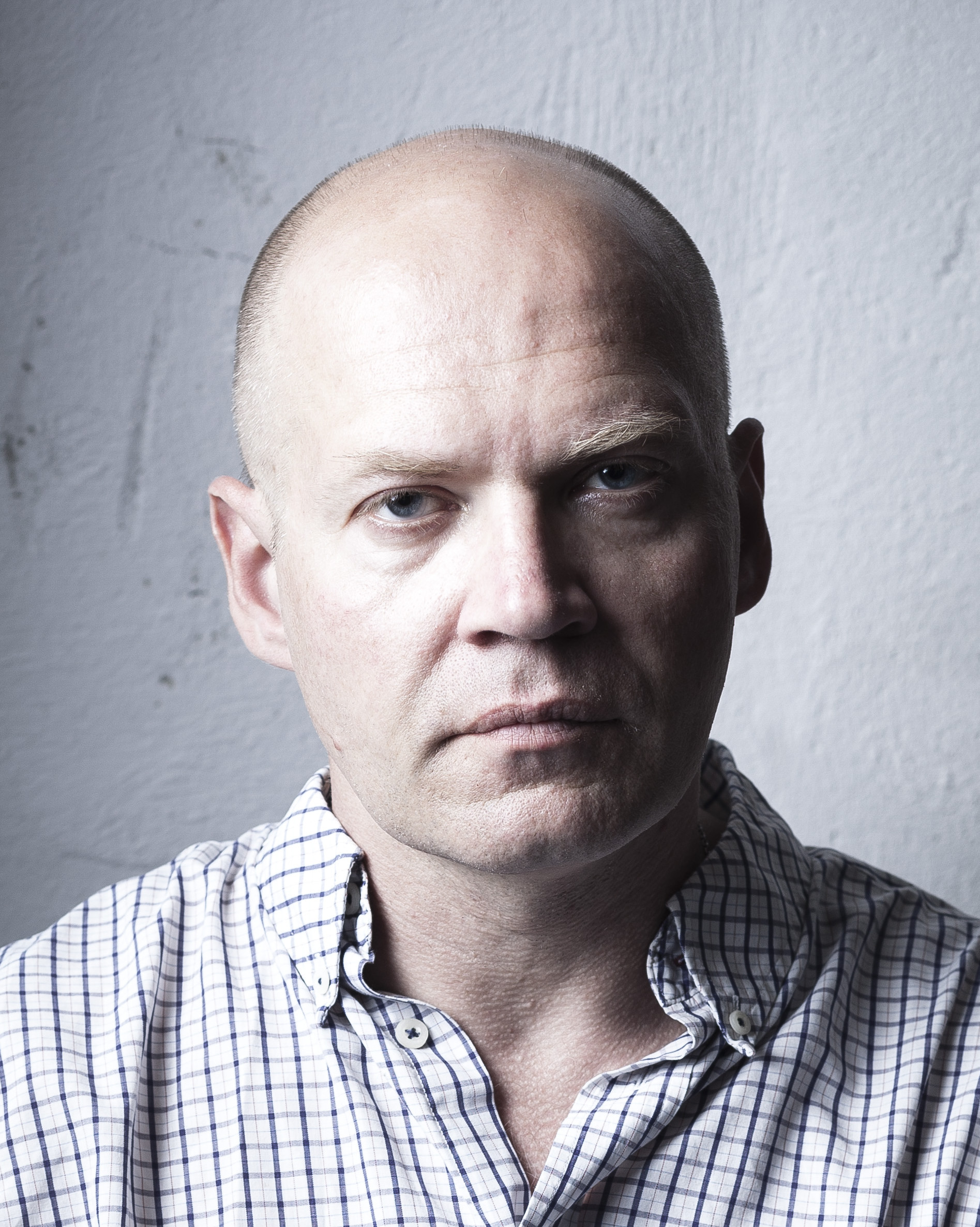
Senior research fellow in the Department of Ethnology at the University of Tartu
He has worked at the Estonian Literary Museum, Estonian Academy of Sciences and Estonian National Museum. He has a PhD in social anthropology from Martin Luther University Halle-Wittenberg. Since 1995 he has conducted regular ethnographic studies in West-Siberia, Yakutia and Eastern Germany. His main subjects of research are economic and judicial anthropology, musical cultures, identity processes and ownership in the music industry. He is a member of the International Association for the Study of Popular Music and participates in the work of the Centre of Excellence in Cultural Theory in collaboration with the University of Tartu. He is the author of the book My Yakutia.
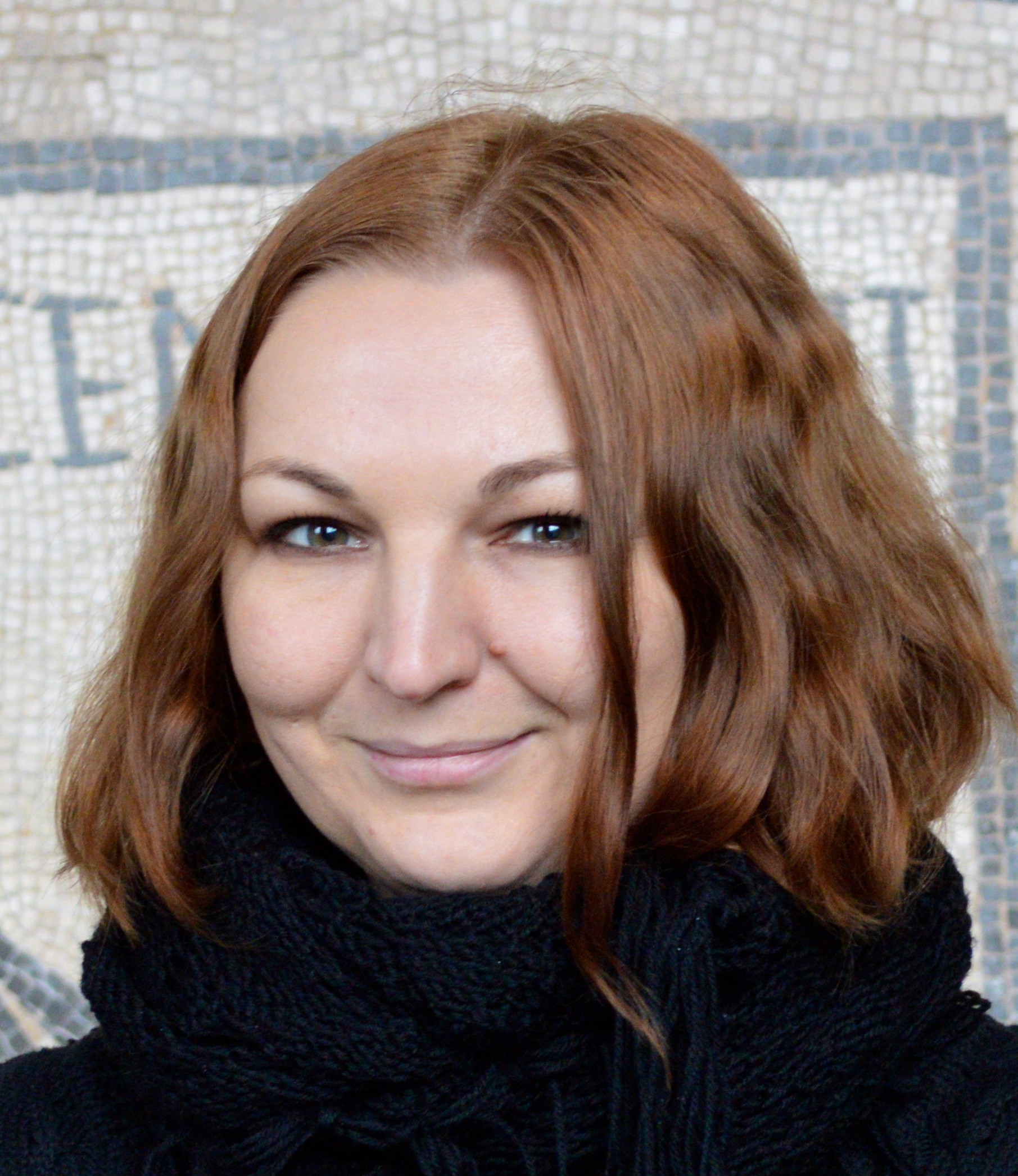
Expert at the Estonian Institute of Human Rights, Lecturer and Ph.D. candidate at Tallinn University in Estonia
She graduated from the Estonian Institute of Humanities, with a BA and a MA degree in East-Asian Studies with a focus on China. The subjects of her current research include Chinese soft power (particularly the case of the Confucius Institutes) and cross-strait relations. As a cultural theorist and ethnic Russian, she has published articles in the local and foreign media and taken part in debates on the Russian-speaking community in Estonia, discussing among others the influence of Kremlin’s propaganda and the questions of national identity and citizenship of the Russian-Estonians.
Panel III: DISCUSSION OF THE MINISTERS OF FOREIGN AFFAIRS: THE EUROPEAN MIGRANT CRISIS
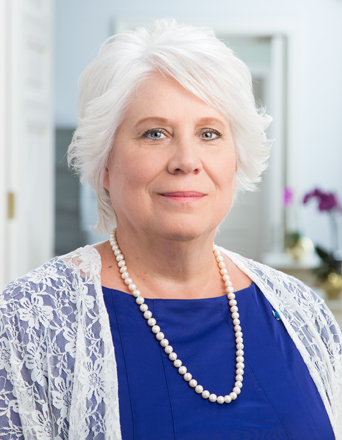
Estonian Minister of Foreign Affairs
She has worked as the Estonian Ambassador to the United States, Mexico and Canada, to Kazakhstan, the Russian Federation and Israel. Before becoming minister Kaljurand served as the Foreign Ministry’s Undersecretary for Legal and Consular Affairs; Undersecretary for Political Affairs; Undersecretary for Foreign Economic Relations and Development Aid and Undersecretary for Legal and Consular Affairs and as a legal adviser. She has also worked as Director General of the Legal Department and Director of the International Treaties Division in the Estonian Ministry of Foreign Affairs. She has been the counsellor at the Estonian Embassy in Helsinki. Kaljurand has Master’s in Law from the University of Tartu and Master’s in International Law and Diplomacy from Tufts University in the U.S.
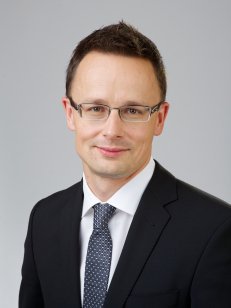
Hungarian Minister of Foreign Affairs and Trade
Economist, who earned his degree in International Relations from the Budapest University of Economic Sciences and Public Administration. He first became a member of the National Assembly in 2002 and also received mandates in 2006, 2010 and 2014. He served as the Government Commissioner for Hungarian-Russian Relations and Hungarian-Chinese Bilateral Relations in 2013.
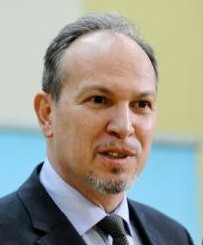
State Secretary in Romania
Daniel Ionita has worked in the Romanian Ministry of Foreign Affairs since 1996. He has worked as an Romanian Ambassador for Kingdom of Norway. He has worked with several international organisations, such as European Union, NATO, OSCE and the Council of Europe.
Foto: RADU TUTA / AGERPRES STREAM.
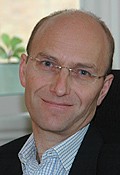
Ambassador and Coordinator for Migration and Refugee Issues at the Ministry for Foreign Affairs in Sweden
He has previously worked as the Permanent Representative of Sweden to the United Nations and other International Organizations in Geneva. He was Director General for International Development Cooperation at the Swedish Ministry for Foreign Affairs and also served as Deputy Director General and Head of the Department for Global Security Issues (UN Affairs, Conflict Issues, Humanitarian Affairs, Disarmament). He is a graduate of the Stockholm School of Economics.
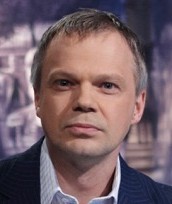
Estonian journalist and media expert
He has been editor at Estonian Radio, an adviser at the Tallinn office of the World Bank, and an editor-presenter on Estonian Television. In addition, he has worked as the press adviser to the Estonian President and been Estonian Television’s permanent correspondent in Brussels. He is currently a lecturer of broadcast journalist at the Baltic Film and Media School and an editor-presenter at Estonian Public Broadcasting. Over the years, Treufeldt has produced more than a dozen documentary programmes for Estonian Television. In 2012 he received a PhD from the University of Tartu and his thesis dealt with the journalistic fact creation in various social conditions.
Panel IV: THE ROLE AND INFLUENCE OF THE ECHR IN TODAY’S EUROPE
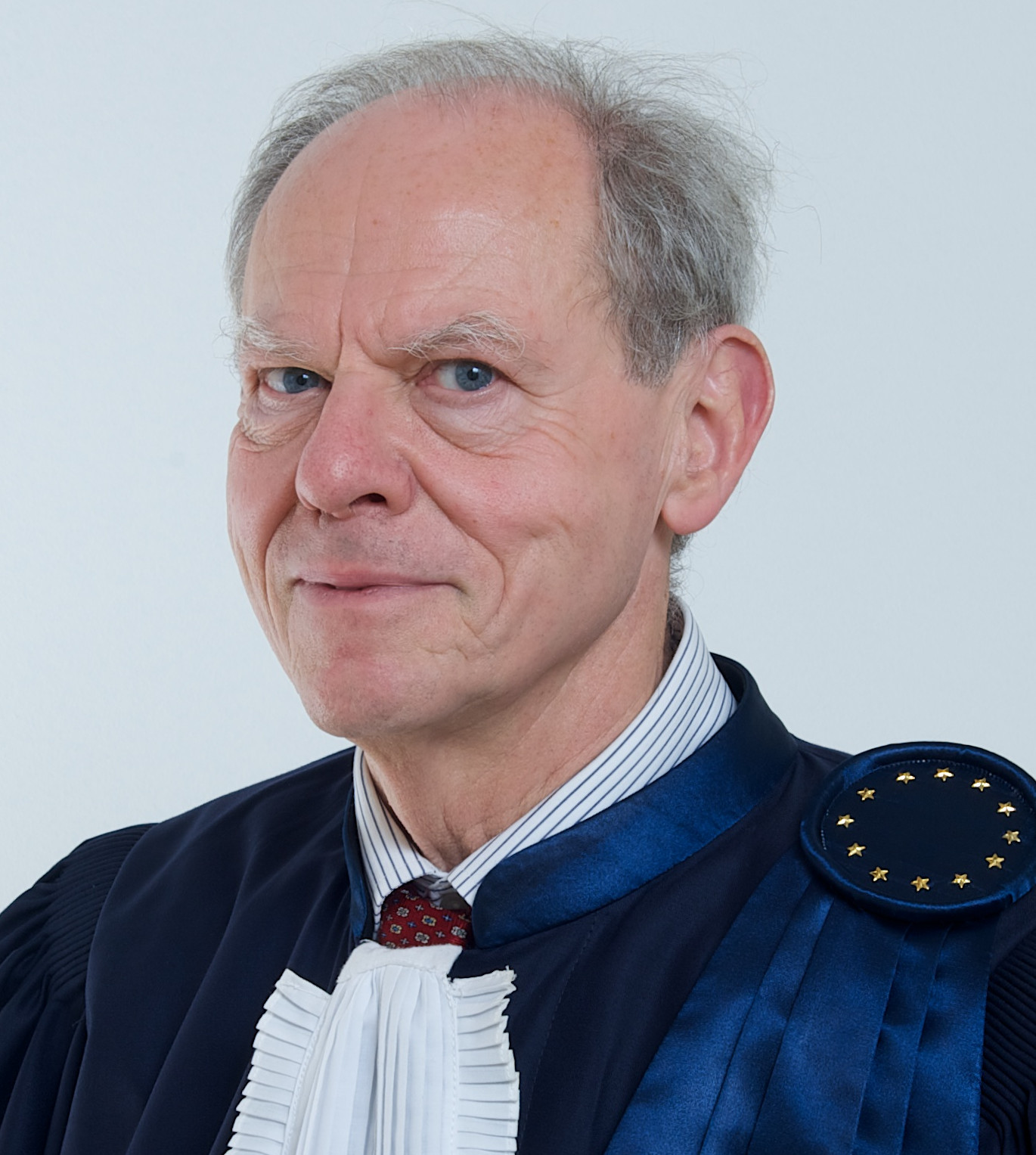
Judge of the European Court of Human Rights, Vice-President (Hungary)
Founder and spokesperson of the Hungarian League for the Abolition of the Death Penalty and the Legal Counsellor to the President of Hungary. András Sajó obtained his PhD at the Hungarian Academy of Sciences in 1977. He was the Chair of the Department of Comparative Constitutional Law at Central European University (Budapest) between 1993 and 2007. As of 2008, he has been a Judge of the European Court of Human Rights and its Vice-President since November of this year.
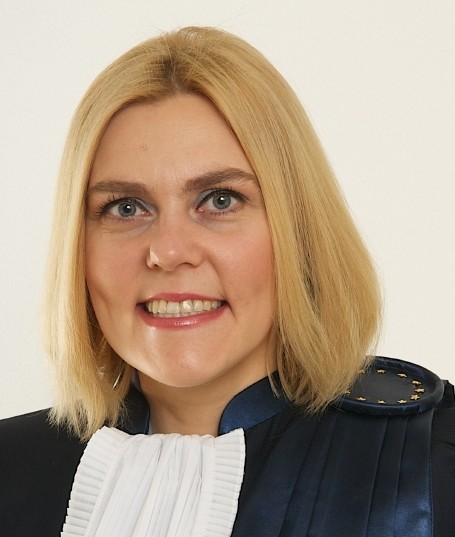
Judge at the European Court of Human Rights, Vice-president of the II Section (Estonia)
She is Professor of European Law in the Faculty of Law at the University of Tartu and member of the International Permanent Court of Arbitration. Previously, Laffranque headed the Consultative Council of European Judges, European Law Society of Estonia and the International Federation for European Law. From 2004 to 2011, she was a justice of the Estonian Supreme Court and from 2002 to 2004, the Deputy Secretary General on Legislative Drafting at the Estonian Ministry of Justice. She has been a member of the board of the Estonian Academic Law Society and the council of the Praxis Think Tank. In addition to working at the Estonian Ministry of Justice, she has completed traineeships at the Ministries of Justice in France and Sweden, the Legal Service of the European Commission, Supreme Administrative Court of Germy and the Council of State of France. Laffranque has a Master of Laws degree from the University of Münster in Germany, and as of 2003, a Doctor of Jurisprudence degree from the University of Tartu. In 2013, she was chosen as European of the Year by the European Movement of Estonia.
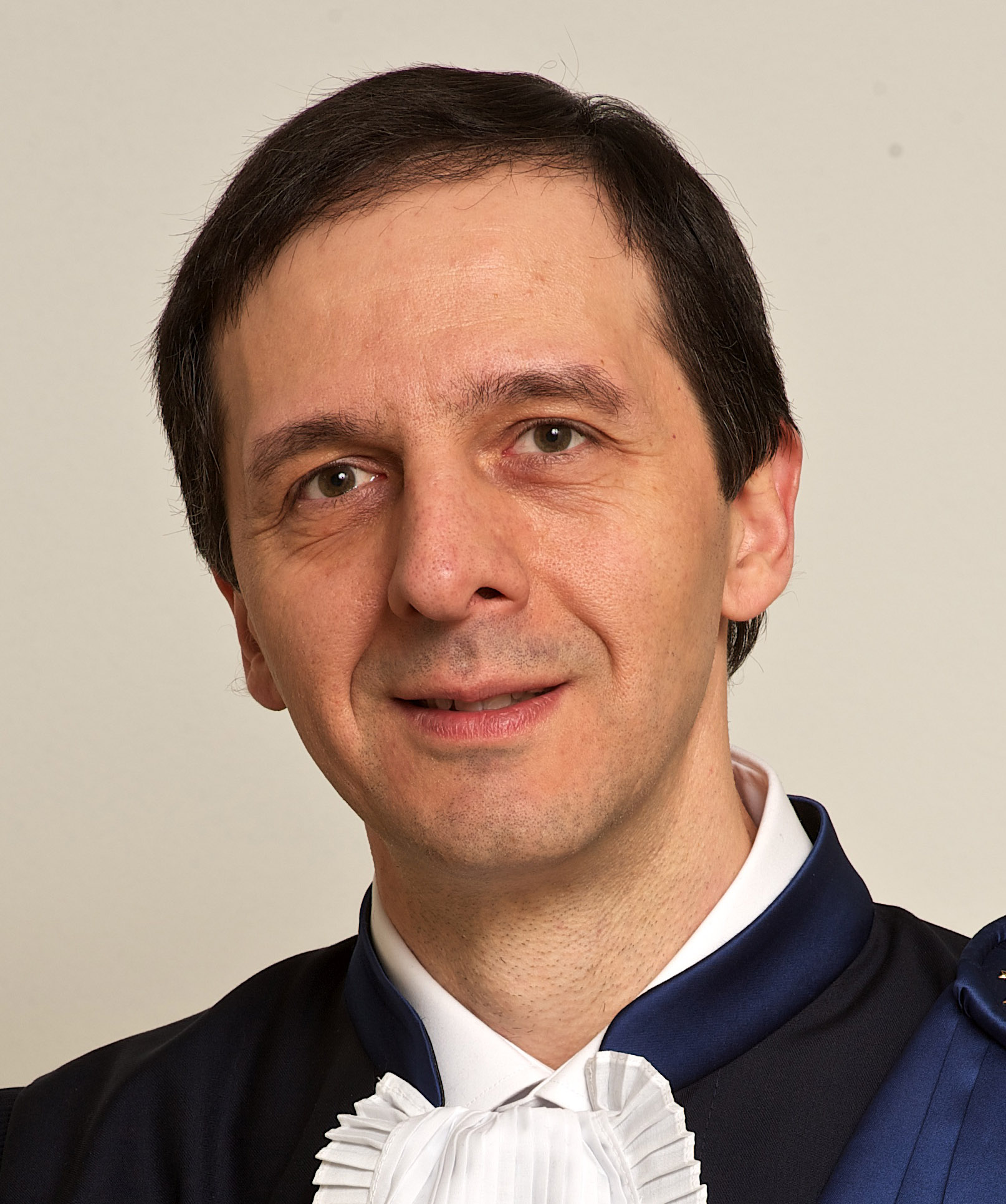
Judge of the European Court for Human Rights (Russia)
Professor at the Center for Transnational Legal Studies in London and at the Law School of the Lomonosov Moscow State University (2004-2010). From 2008 to 2012 he worked as a judge of the Russian Supreme Commercial Court.
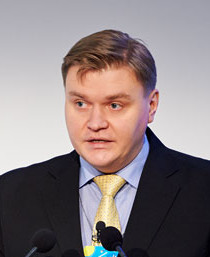
Judge of the Criminal Chambers of the Tallinn Circuit Court
From 2006 to 2012 he was the Chief Justice of the Viru County Court; in 2002-2006 the Chief Justice of the Narva City Court and in 2001-2002 a judge in the Tallinn City Court. Since 2010 he has been an ad hoc judge of the European Court of Human Rights. He has participated as an expert in several OSCE and EU projects in Kazakhstan, Ukraine, Kyrgystan, Uzbekistan, Moldova and Montenegro.
Panel V: UKRAINE AND HUMAN RIGHTS: THE CURRENT SITUATION IN THE OCCUPIED AND ANNEXED AREAS
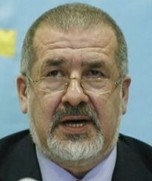
Member of the Ukrainian parliament, the president of the World Congress of Crimean Tatars
He is a Crimean Tatar who grew up in Uzbekistan where he was deported at a young age and he has spent his entire life fighting for the rights of the Crimean Tatars. He acquired his education from the Moscow State Historic Archive Institute and worked for years at the State Archives in Riga. Chubarov belongs to the Mejilis of the Crimean Tartar People and has been its president since 2013. He has served repeatedly on the Supreme Council of Crimea (and been its deputy chairman) as well as in the Ukrainian parliament.
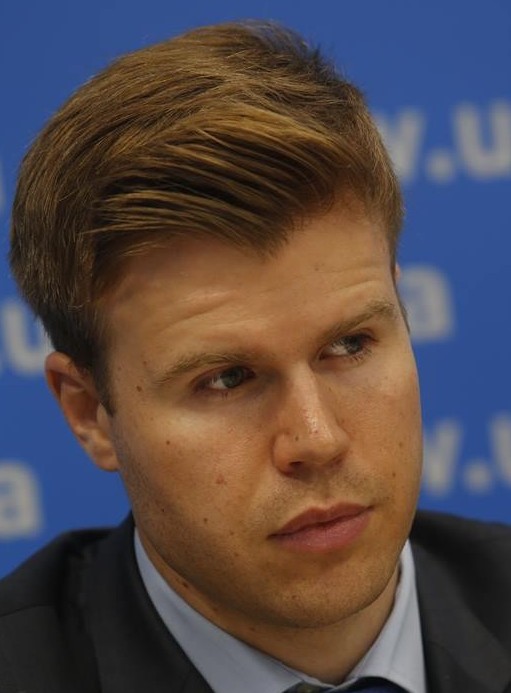
Ukraine-based journalist reporting for Newsweek, The Times and the BBC
A journalist reporting on the events in Ukraine for the international publications The Times, POLITICO and Newsweek. He previously worked as a reporter for The Independent. He covers both the frontline events in Ukraine and the situation of the civil population. From 2013 to 2014, he worked for Amnesty International, where he dealt with media relations and global media campaigns, as well as human rights projects in Ukraine and the South Caucuses. He helped to start up the Amnesty International office in Ukraine and was the organisation’s spokesperson for Ukrainian issues. He received his education as a historian and acquired a BA from the University of Bristol in Great Britain. He studied law as a minor subject and has furthered this studies in his field.
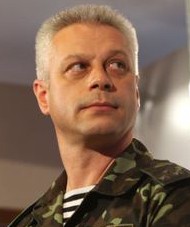
Spokesperson of the National Security and Defence Council of Ukraine for ATO issues
The spokesperson of the National Security and Defence Council of Ukraine for ATO issues (ATO= Anti Terror Operation). Previously, he worked as an adviser to the National Security and Defence Committee of the Ukrainian parliament. In 2008, he left active military service with a rank of reserve colonel. Prior to that, he worked as the information officer for the Ukrainian peacekeeping unit in Croatia, Kosovo, Sierra Leone, Lebanon, Kuwait and Iraq. During his active service, he worked in the press office of the Ukrainian Ministry of Defence and information service of the Ukrainian Navy. He acquired his education at the Lviv Military Institute, where he studied public relations and journalism in the military. He has received many acknowledgements and awards, including the title of Ukraine’s Most Outstanding Journalist.
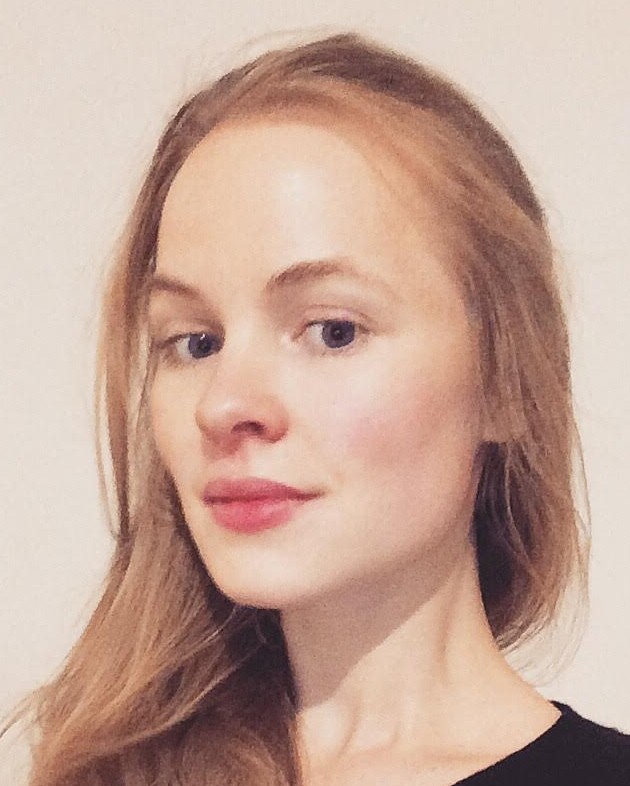
Journalist reporting on Ukrainian events for The Economist and POLITICO Europe
Annabelle Chapman is a Warsaw-based journalist reporting for the The Economist and POLITICO Europe. Her articles from Poland and Ukraine have also been published in Foreign Affairs, Newsweek, Foreign Policy and the Financial Times, among others. Previously based in Kiev, she has reported on Ukraine, including the Maidan protests, and served as an election observer for the Organization for Security and Co-operation in Europe (OSCE). She is currently completing her PhD at the University of Oxford, having previously taught at Hertford College at the same university. Her PhD thesis is based on research about the displaced persons after World War II.
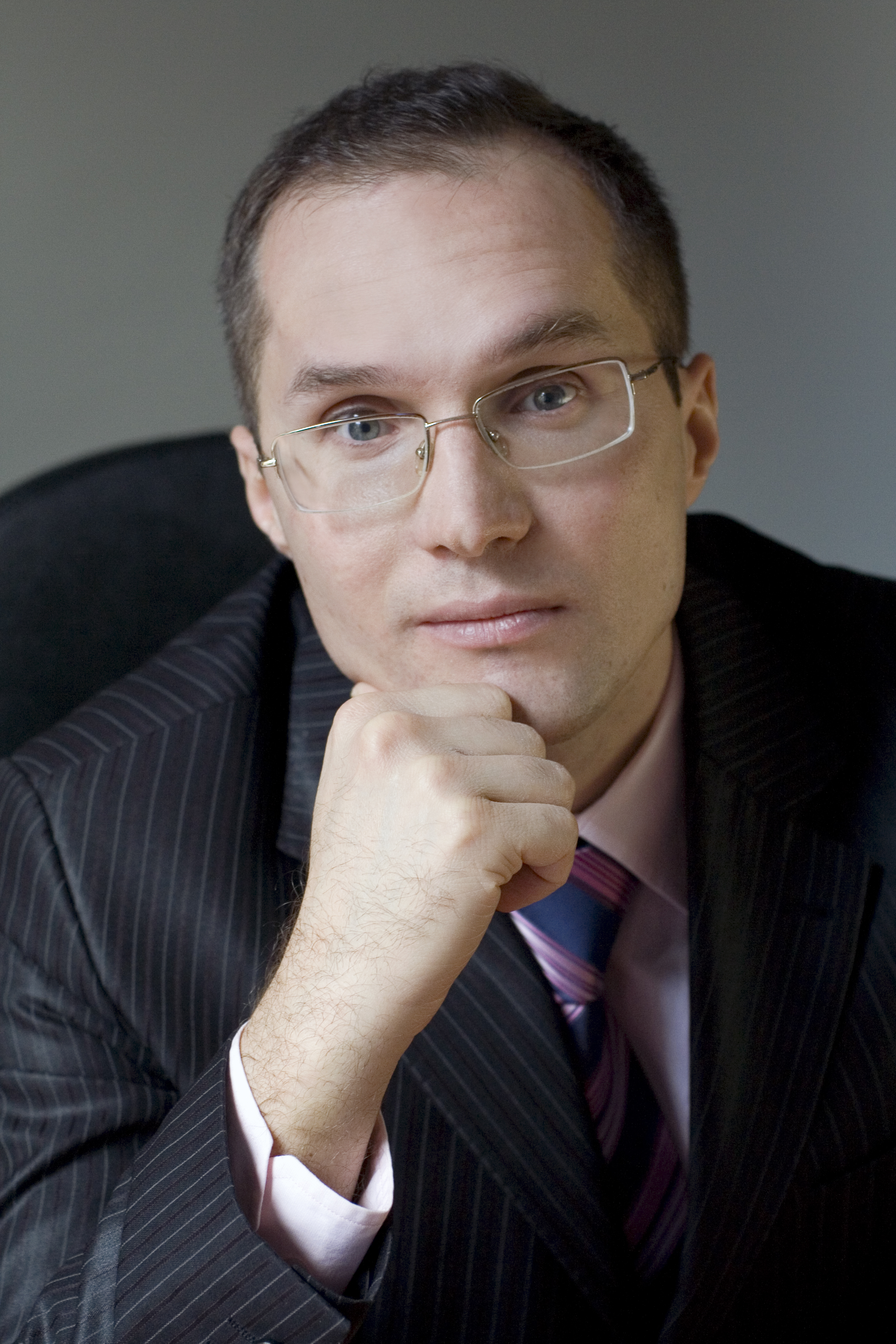
Ukrainian journalist, military expert and editor-in-chief of the Censor.net website
He has worked at the newspapers Kijevskije Vedomosti and Zerkalo nedeli (Weekly Mirror). In 2004 Butusov started the website Censor.net and is its editor. This online project is one of the most popular news portals in Ukraine. He wrote the screenplay for the film Orange Sky and produced the film Illusion of Fear. Yuri Butusov is a journalist who reports on incisive social topics and conducts journalistic research. He has exposed many corruption cases and other crimes committed by the power elite. Censor.net, which was created by Butusov is among the most popular Ukrainian news portal. The main topic covered by Butusov currently is the situation in Ukraine – Russia’s aggression and the military activities in Donbas.
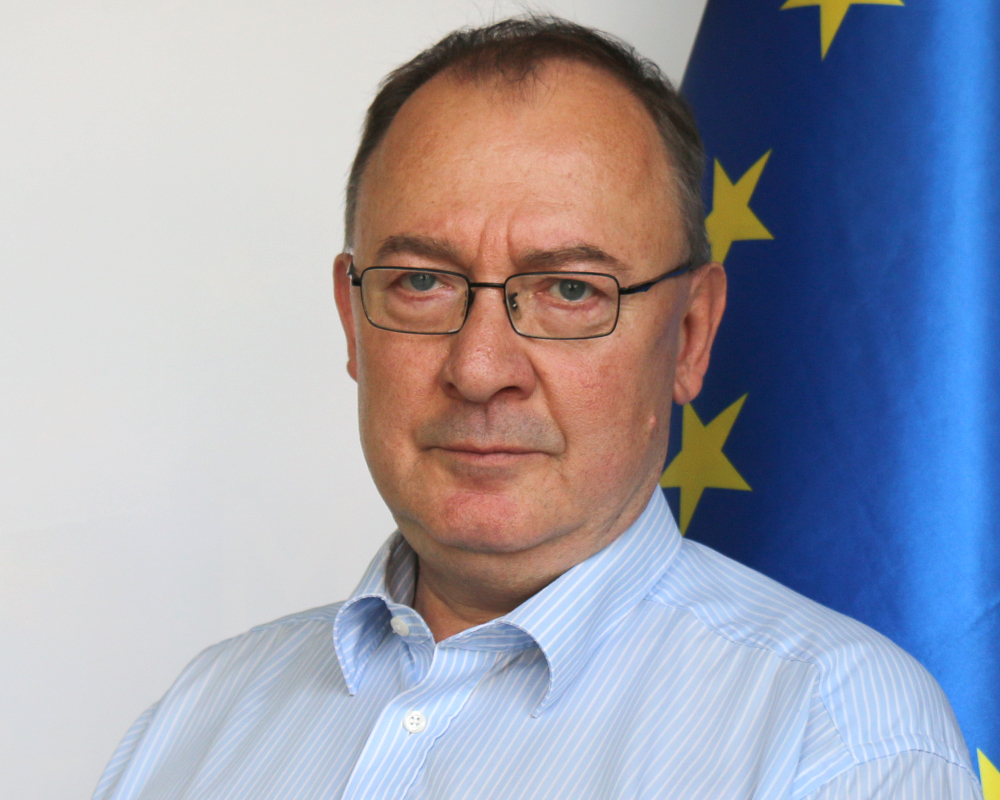
Former Ambassador of Estonia to Ukraine
He is currently working as an Strategic Communication counsellor for the EUAM in Ukraine (The European Union Advisory Mission). In 2014 he visited Ukraine as an OSCE observer, where he worked as a vice manager in the Odessa region. Matsulevits has worked at the Estonian Ministry of Foreign Affairs as the director of the Bureau of Policy Planning and been the Estonian ambassador to Germany, Ukraine and Russia. From 2003-2007 he was a member of the Estonian parliament and a member of the Commission of Defence and the NATO Parliamentary Assembly. He has consulted in several countries during their transition period (e.g. Georgia, Azerbaijan, several countries in the Balkans) and worked as a counsellor at the Ministry of Foreign Affairs in Estonia. Matsulevits studied journalism at the University of Tartu, Estonia where he has worked as a lecturer and PR councilor for the university’s rector.
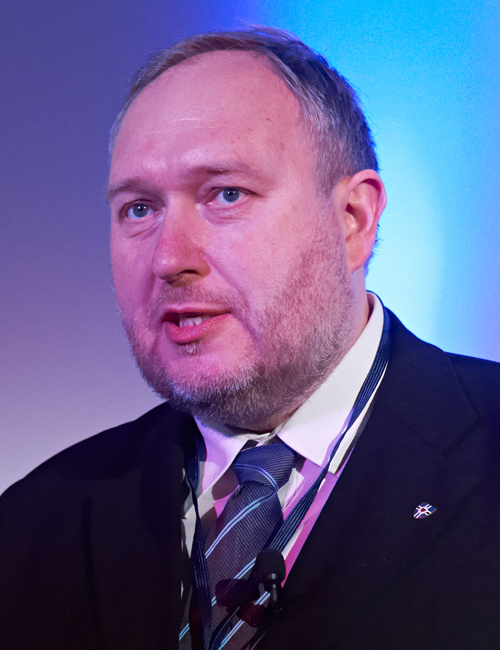
Chairman of the Board, Institute of Human Rights
Vootele Hansen is an Estonian politician and geographer. Hansen graduated from the Department of Geography of the University of Tartu in 1985. From 1985-1990 he worked at the Institute of Applied Geography and from 1990-1992 at the Tallinn University of Technology. He was a member of parliament from 1995-2003. In 1994–1995 he was Minister of the Environment in Andres Tarand’s cabinet. Hansen is the member of the supervisory board of the Estonian Evangelical Lutheran Church Mission Centre and the chairman of the management board of the Estonian Institute of Human Rights.
-
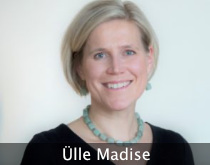 2019Parallel World Values and InterestsA clean environment and future of the globe, the possibility to preserve your privacy and option to disengage, which is necessary for the human psyche, are practical topics that apply to everyone.
2019Parallel World Values and InterestsA clean environment and future of the globe, the possibility to preserve your privacy and option to disengage, which is necessary for the human psyche, are practical topics that apply to everyone. -
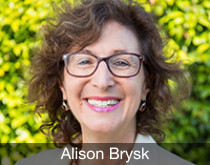 2018Conflicts of ValuesIn 2018, the panels discussed the topic of small countries as equal partners, whether human rights have a future, how much algorithms affect human rights and whether Russia has a future.
2018Conflicts of ValuesIn 2018, the panels discussed the topic of small countries as equal partners, whether human rights have a future, how much algorithms affect human rights and whether Russia has a future. -
 2017Are Human Rights in Freefall?The conference will address a number of today’s most important topics – terrorism, technological development, security, small states in a globalising world, culture and international cooperation – through a human rights perspective.
2017Are Human Rights in Freefall?The conference will address a number of today’s most important topics – terrorism, technological development, security, small states in a globalising world, culture and international cooperation – through a human rights perspective. -
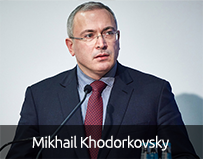 2016Black and White Values in a Polarizing WorldThe topics under discussion this year include a survey of public opinion on human rights among the Estonian citizens and foreigners living in Estonia, questions related to collective human rights and propaganda that have changed people’s understanding of basic rights.
2016Black and White Values in a Polarizing WorldThe topics under discussion this year include a survey of public opinion on human rights among the Estonian citizens and foreigners living in Estonia, questions related to collective human rights and propaganda that have changed people’s understanding of basic rights. -
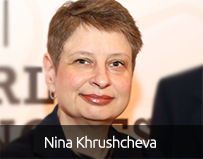 2015Human Rights in Changing TimesThe topics under discussion this year include case studies from the European Court of Human Rights, linguistic human rights, as well as the views of various generations of Russians today regarding their society.
2015Human Rights in Changing TimesThe topics under discussion this year include case studies from the European Court of Human Rights, linguistic human rights, as well as the views of various generations of Russians today regarding their society. -
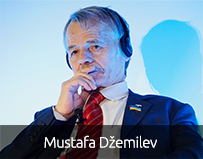 2014Dignity in the context of human rightsThis year the conference agenda included three keynotes and a panel discussion following each one: 1) guarantees under international law; 2) rights of native peoples; guarantees under international law; 3) the situation and future in Russia and Ukraine and human rights.
2014Dignity in the context of human rightsThis year the conference agenda included three keynotes and a panel discussion following each one: 1) guarantees under international law; 2) rights of native peoples; guarantees under international law; 3) the situation and future in Russia and Ukraine and human rights. -
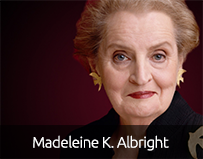 2013Human Rights and the Freedom to AssociationThis year’s annual conference, titled “Human Rights and the Freedom of Association” will analyse the global developments in human rights that have taken place in 2013.
2013Human Rights and the Freedom to AssociationThis year’s annual conference, titled “Human Rights and the Freedom of Association” will analyse the global developments in human rights that have taken place in 2013. -
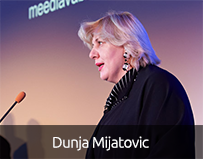 2012New Challenges of Human RightsOur conference examined human rights where the internet and the concept of security have altered dramatically our 20th century understanding of the core issues of human rights.
2012New Challenges of Human RightsOur conference examined human rights where the internet and the concept of security have altered dramatically our 20th century understanding of the core issues of human rights. -
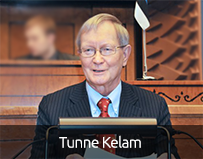 2011Dedicated to the 20th anniversary of restoration of independence of Estonia
2011Dedicated to the 20th anniversary of restoration of independence of Estonia

